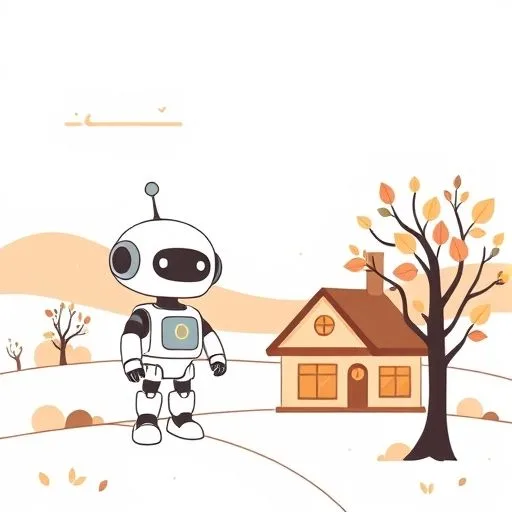
You know that feeling when your kiddo asks a question so big, so full of wonder, that it stops you in your tracks? Like the other day, when my daughter asked, ‘Appa, what’s AI?’ A recent survey found that over one-third in South Africa have never heard of AI. Just like in South Africa, where over a third haven’t heard of AI, we need to make sure our kids understand what AI is and how it affects us all. That isn’t just a tech gap—it’s a gap that affects us all. We bridge it with heart and stories. Imagine if your child asked you the same question. How would you explain it? Let’s dive in!
AI Isn’t a Distant Concept—But How Does It Touch Daily Life?
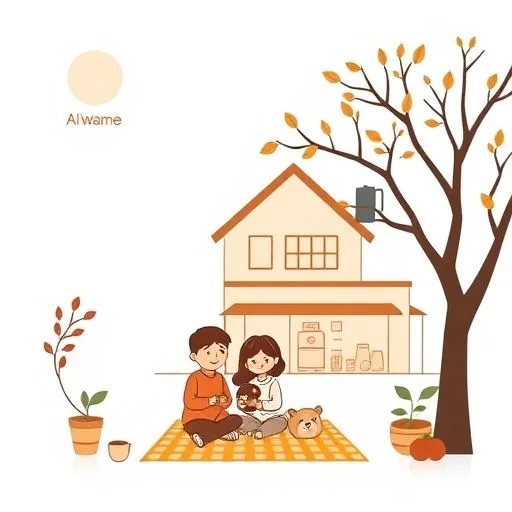
Think about your family’s day: maybe you’re streaming a favorite show, using a maps app to find a new park, or even getting recommendations for what to cook for dinner. Guess what? AI technology is humming along in the background, making those moments smoother. It’s like that quiet friend who helps plan the best picnic without ever taking credit!
But for many people, especially in places like South Africa where over a third haven’t heard of AI, that friend is a complete stranger. And when something feels unfamiliar, it’s easy to feel left out—or even a little wary.
That’s why the real work isn’t just building smarter tech; it’s building bridges of understanding
Why Is Storytelling Key to Demystifying AI?
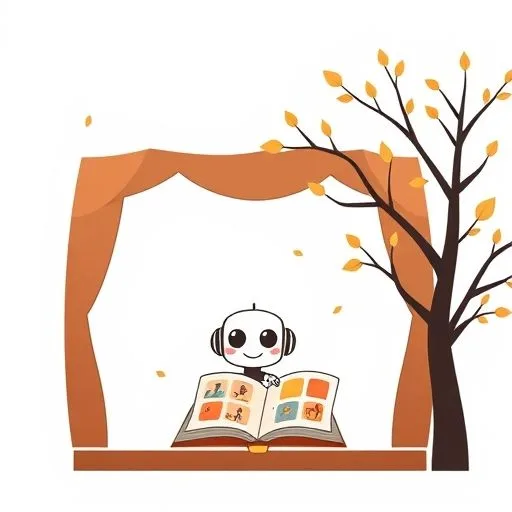
Here’s where it gets exciting: one of the most powerful ways to demystify AI education isn’t through textbooks or lectures—it’s through stories.
In South Africa, researchers partnered with a theatre group and a high school to create a play about a robot, turning complex ideas into something heartfelt and accessible. That’s brilliant! It reminds me of how I explain things to my daughter: we don’t dive into data points; we weave tales.
Maybe AI is like a friendly guide on a family trip, helping navigate new roads or suggesting hidden gems. When we frame AI through narratives that resonate culturally and emotionally, it stops being a distant ‘thing’ and starts feeling like a helpful part of our community.
How Can We Make AI Inclusive For Everyone?
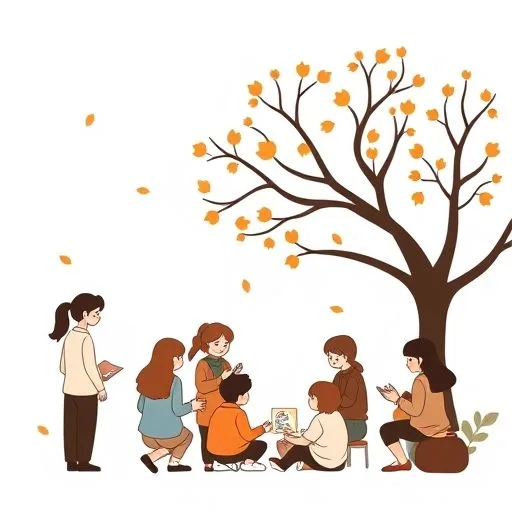
The survey revealed that many learn about AI awareness through social media, but often without deeper context. That’s like hearing about a new destination only through postcards—you get a glimpse, but not the full experience.
For AI to truly serve people, awareness can’t be limited to one age group or background. We need to bring everyone into the conversation: grandparents, neighbors, kids, and communities who might feel overlooked.
Imagine family workshops where AI is explored through art or shared projects, like creating digital art together or building a simple robot—turning uncertainty into collaboration and hope.
Dad’s Playbook: Turning AI Worries Into Confidence
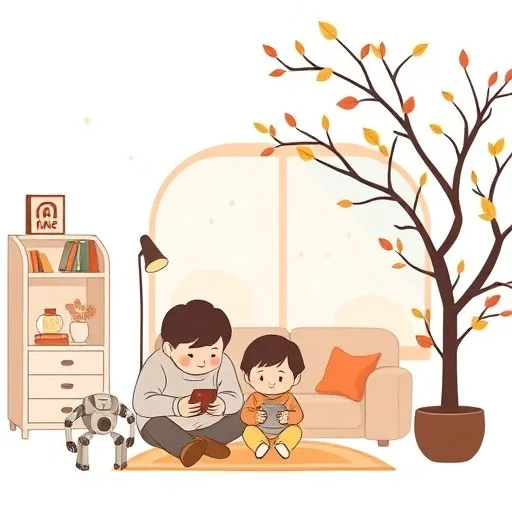
It’s totally normal to have worries—about privacy, jobs, or whether tech is moving too fast. But here’s the beautiful twist: those concerns are a sign that we really care about our families and futures.
Instead of letting fear take the wheel, we can channel that energy into positive action. Start small! Maybe explore an AI tool together with your child, like creating digital art or asking fun questions to a chatbot. Frame it as play, not pressure.
The goal isn’t to become an expert overnight; it’s to cultivate comfort and curiosity
Keep the AI Conversation Alive: What’s Next?

So where do we go from here? It’s simpler than you think: keep talking, keep sharing, keep asking those big questions together. Imagine the possibilities when we all come together to explore AI, asking big questions and sharing our discoveries. Whether it’s over dinner, during a walk, or while tinkering on a family project, every conversation about AI is a step toward bridging gaps.
Remember, this isn’t about having all the answers—it’s about leaning into the journey with open hearts and minds. Let’s make technology a tool for togetherness, not division, and watch as our families and communities thrive!
Source: One in three South Africans have never heard of AI – what this means for policy, The Conversation, 2025-09-17
